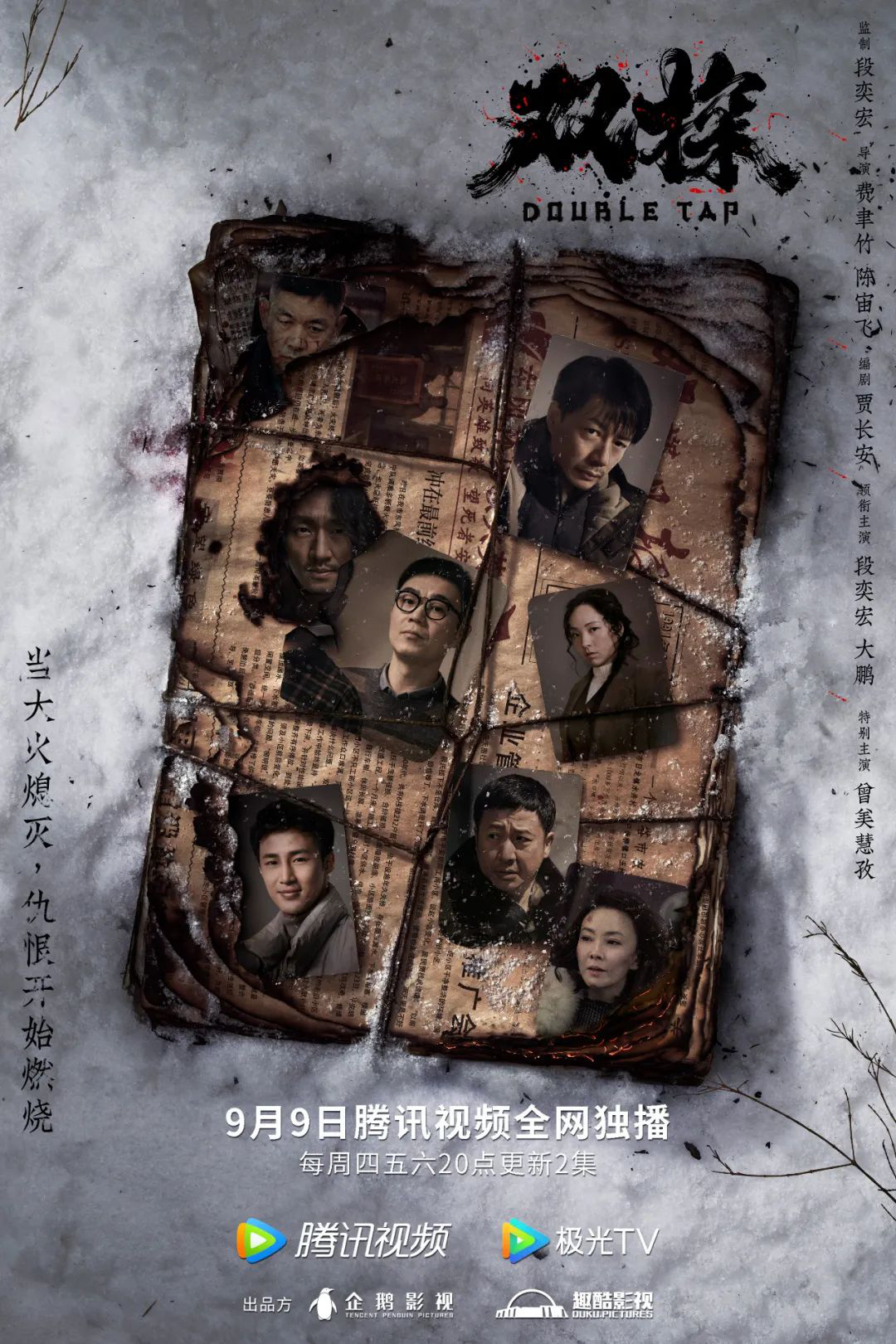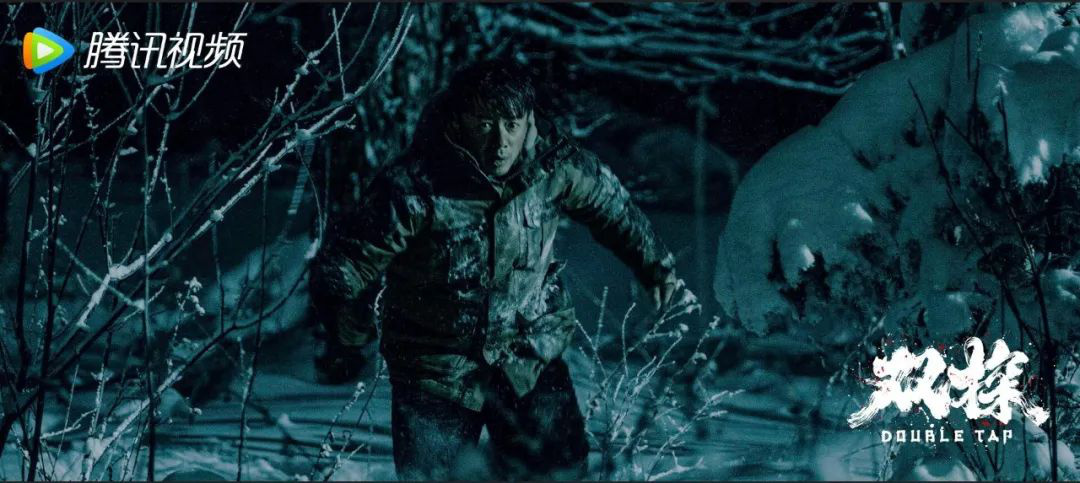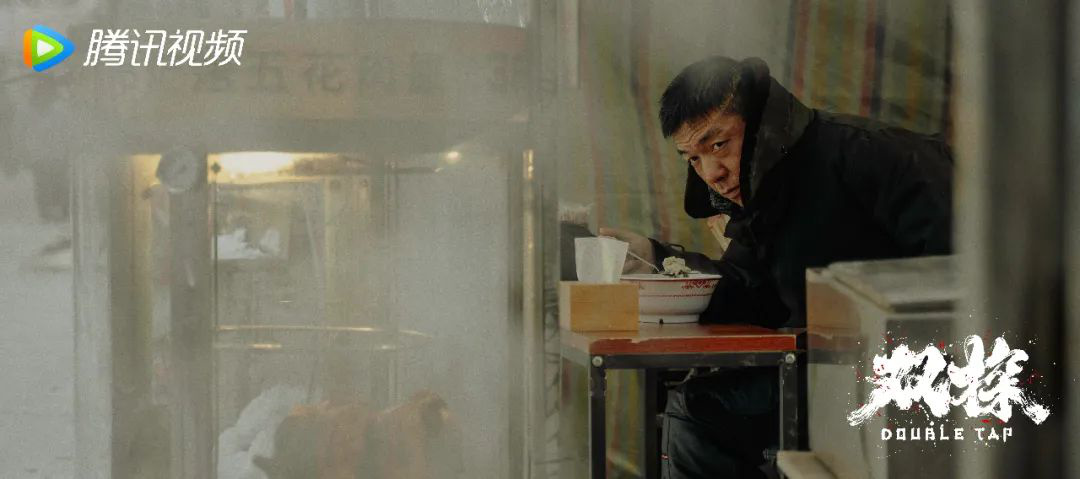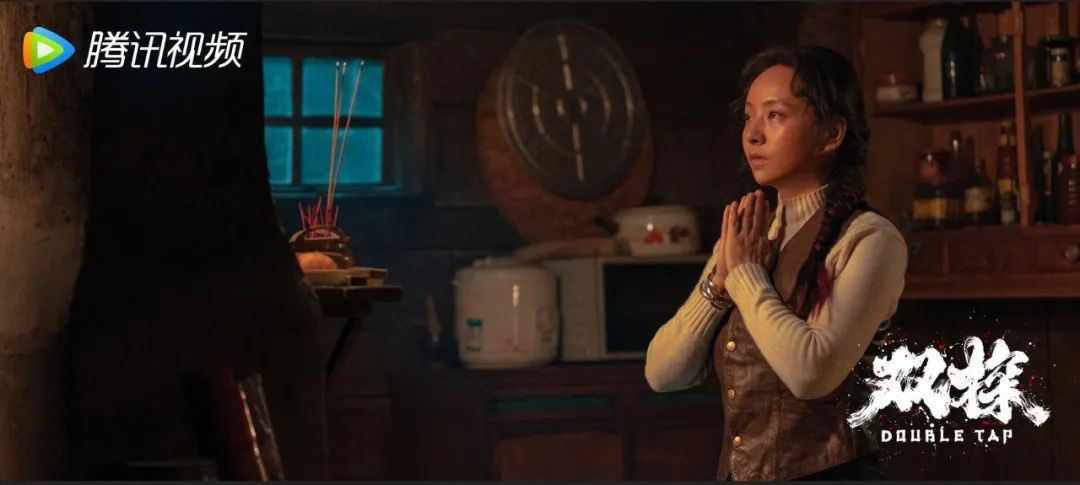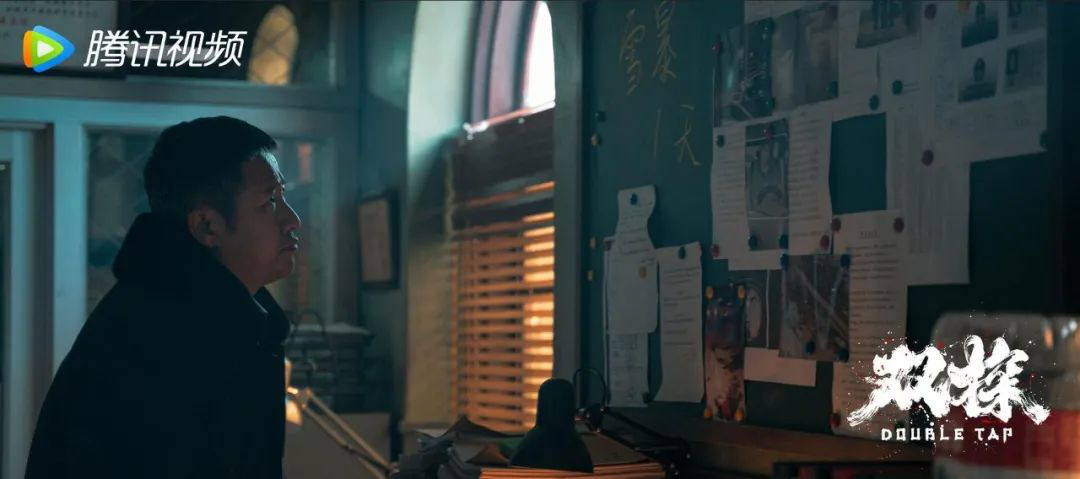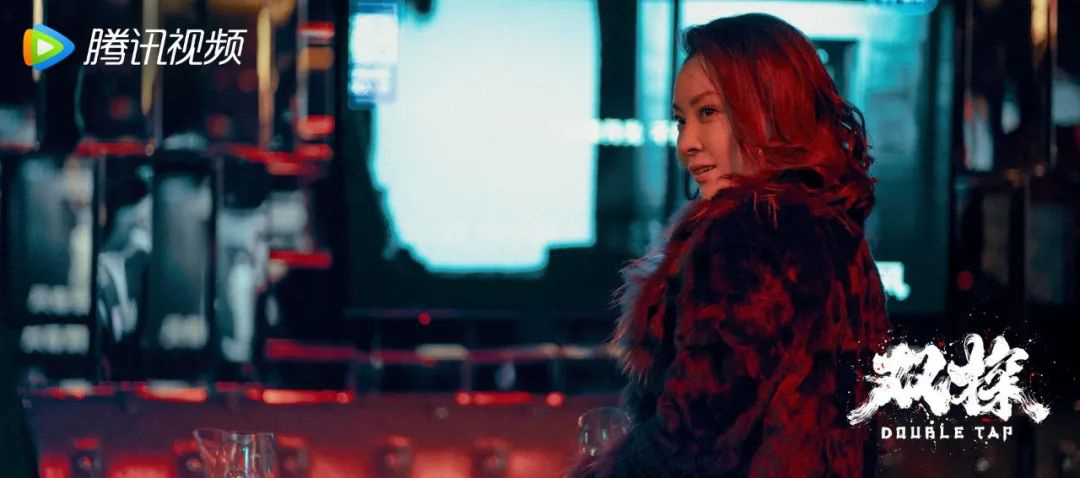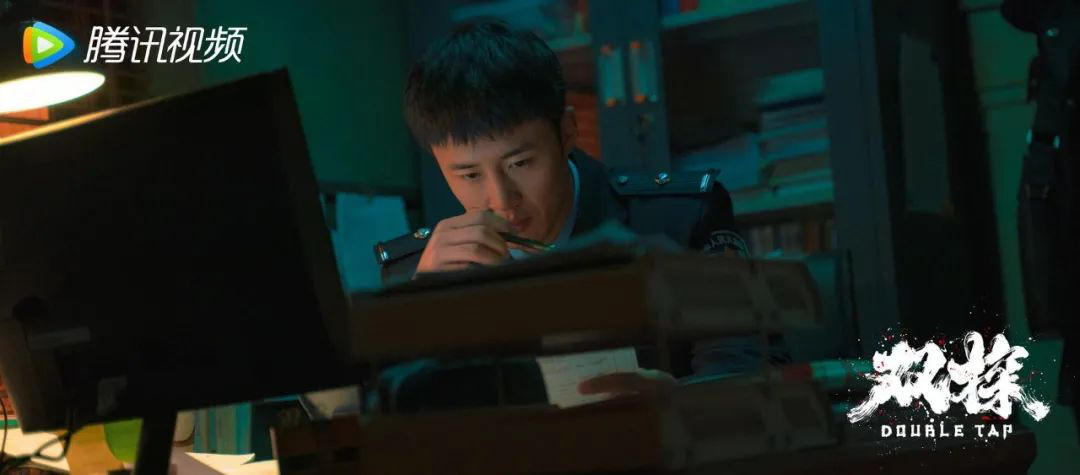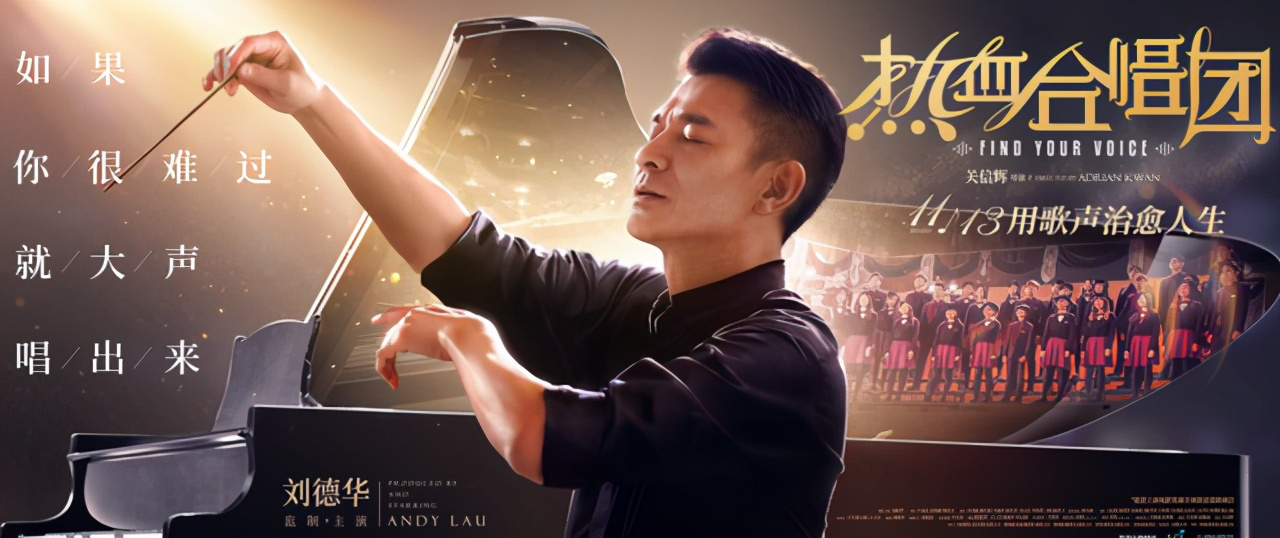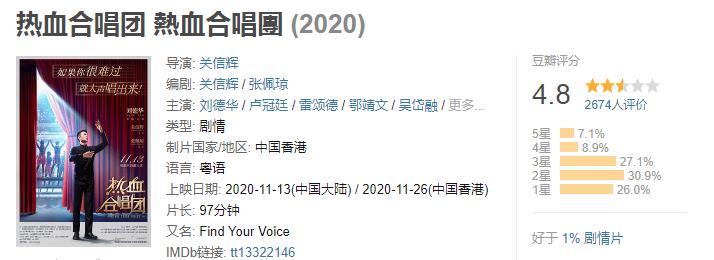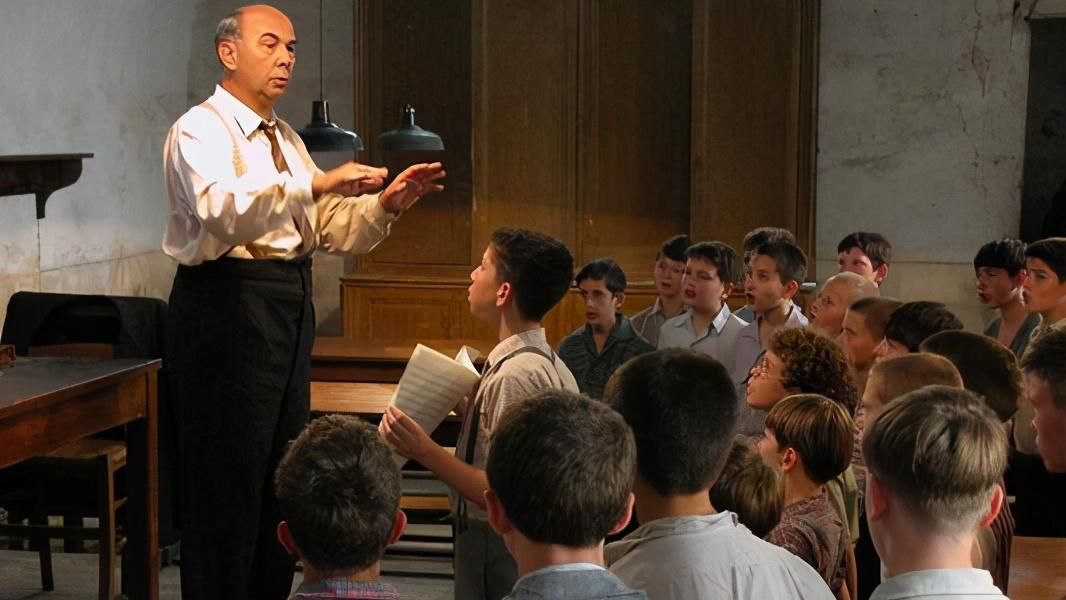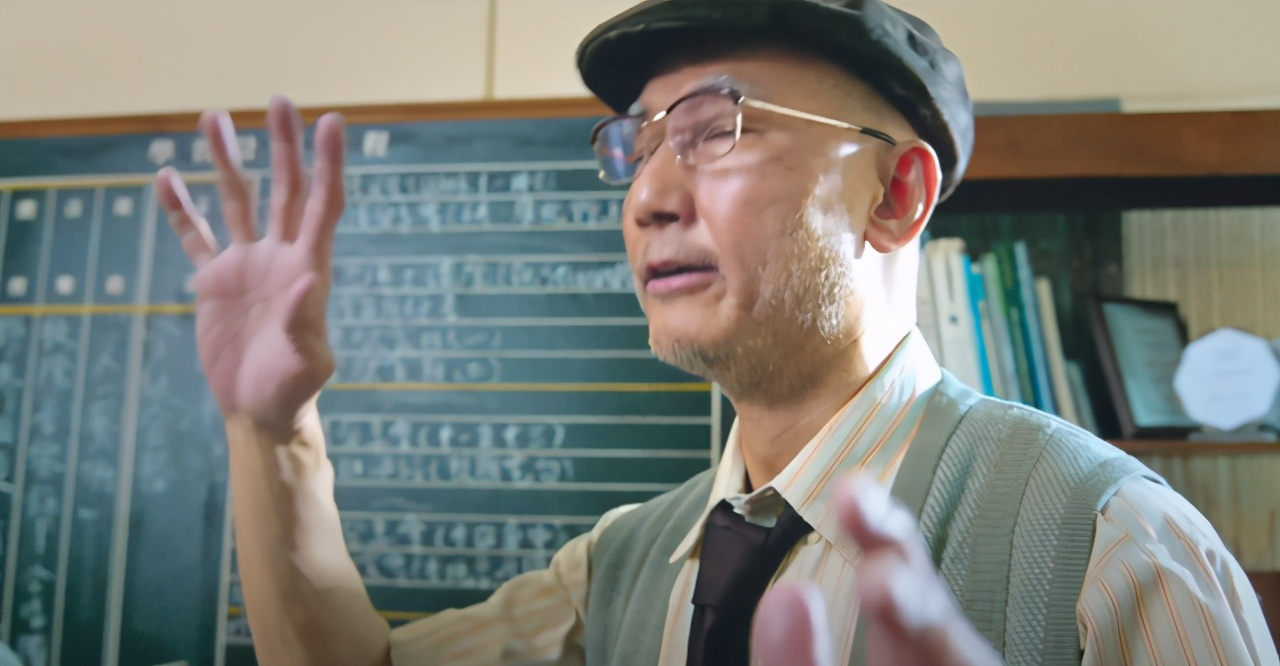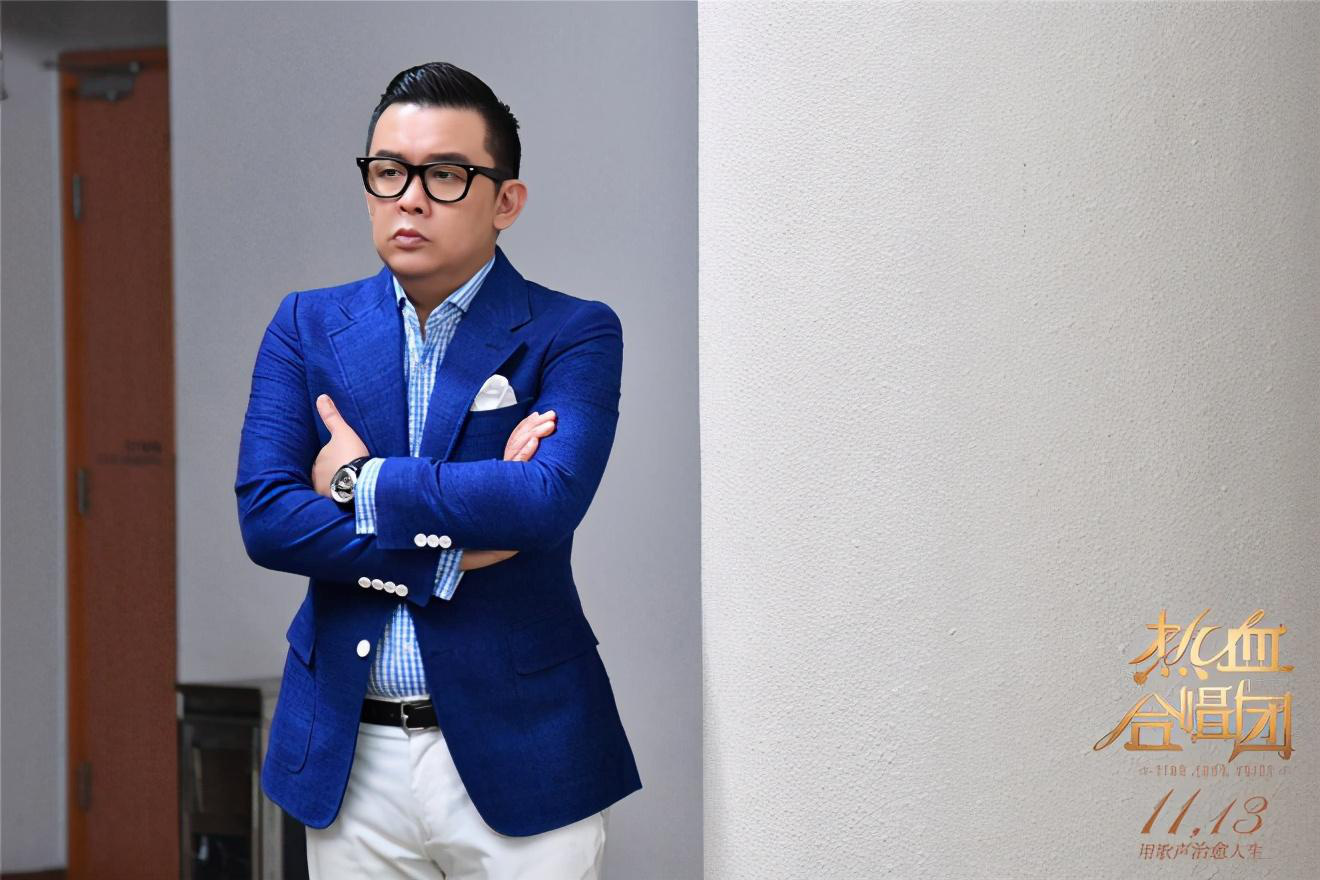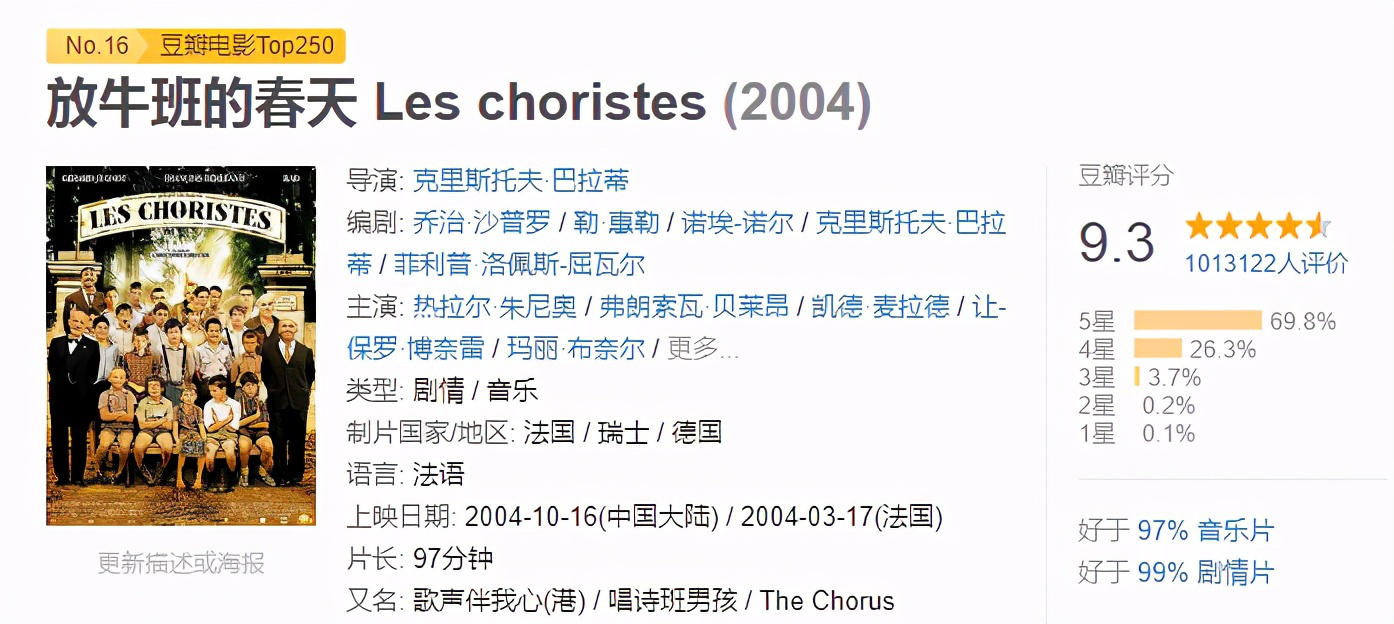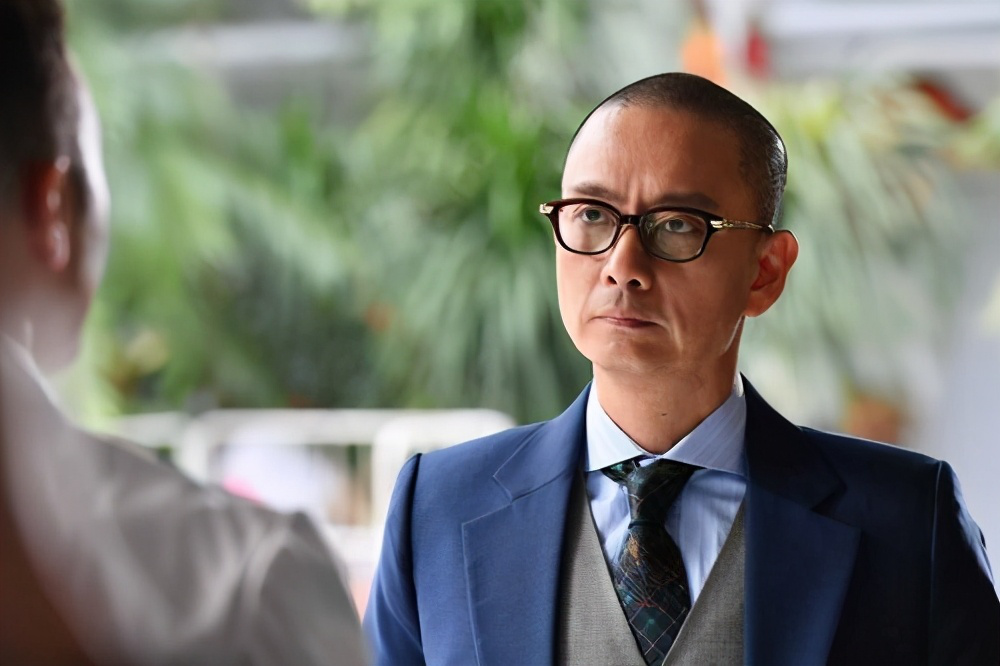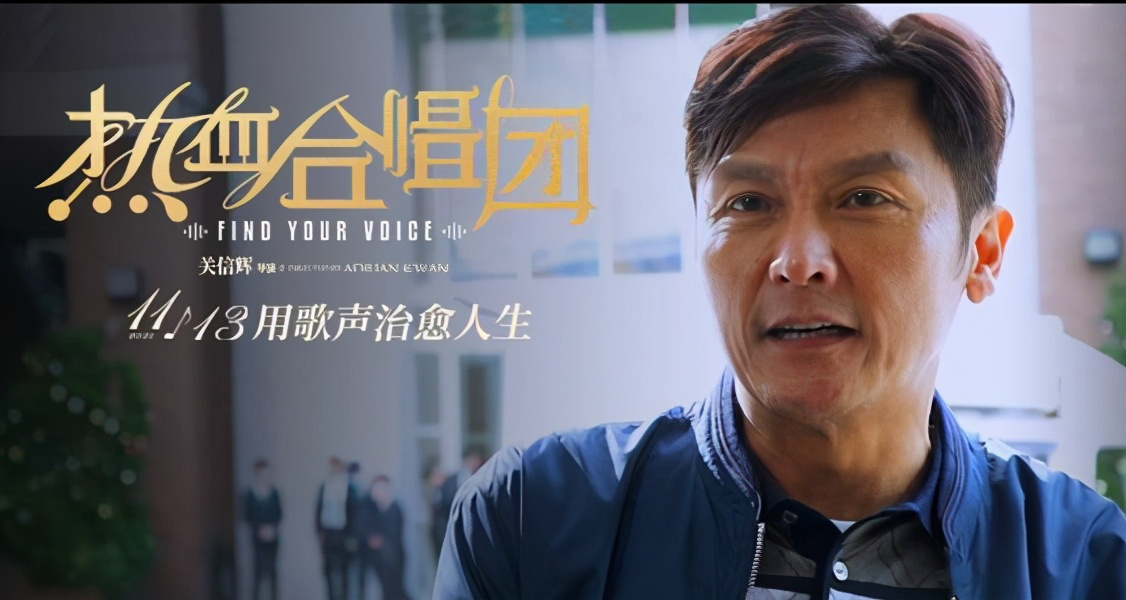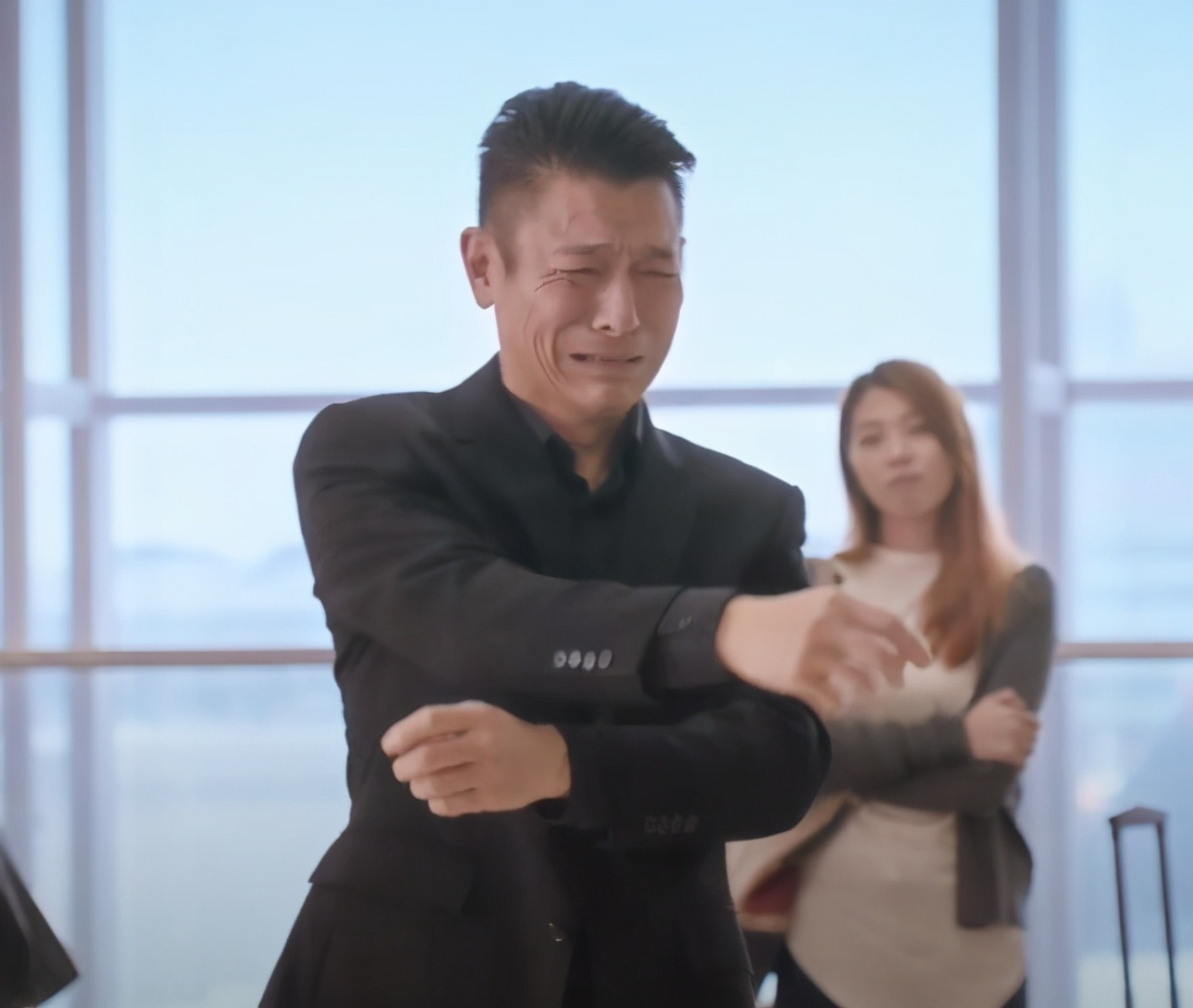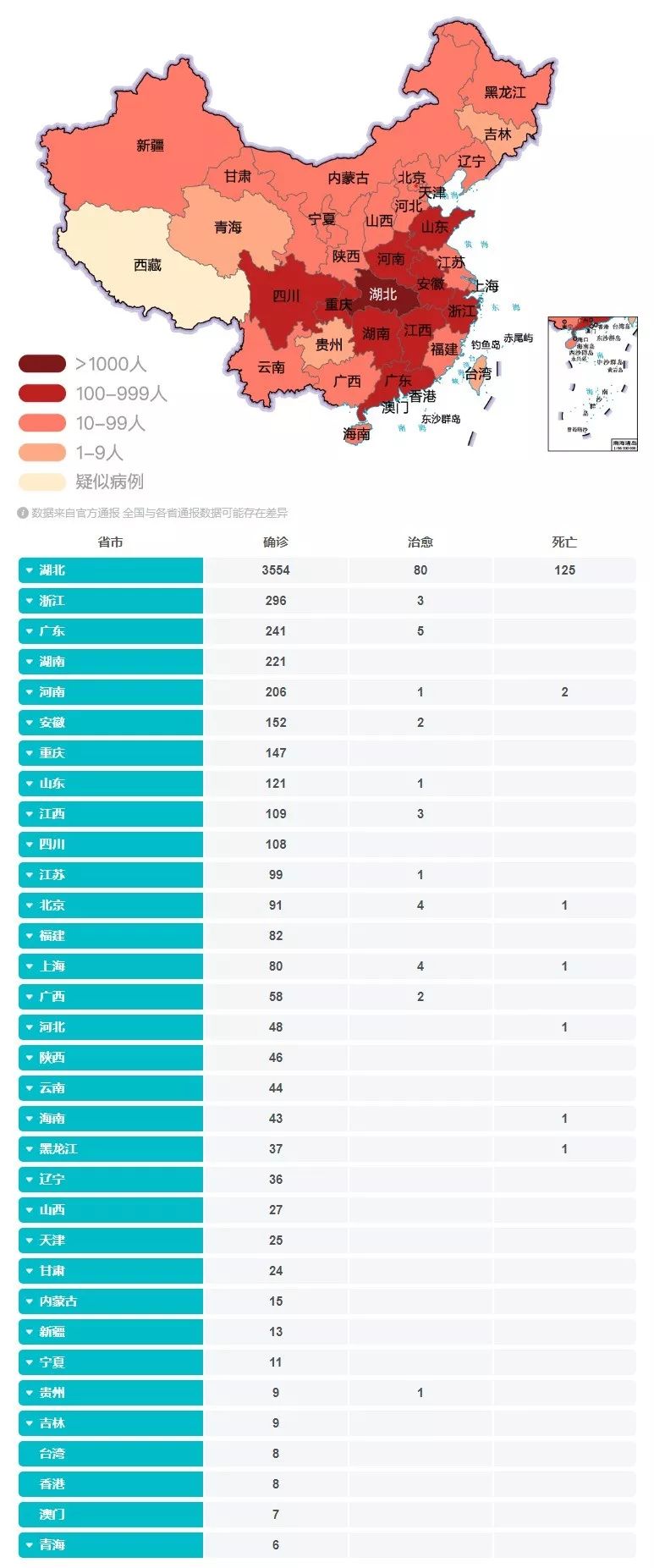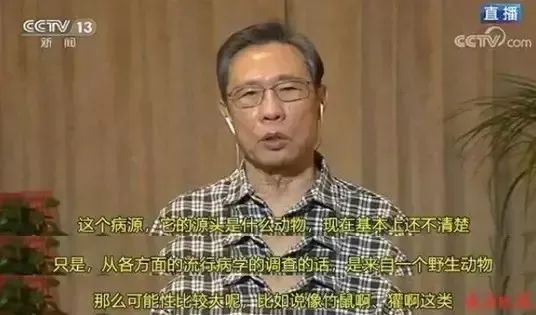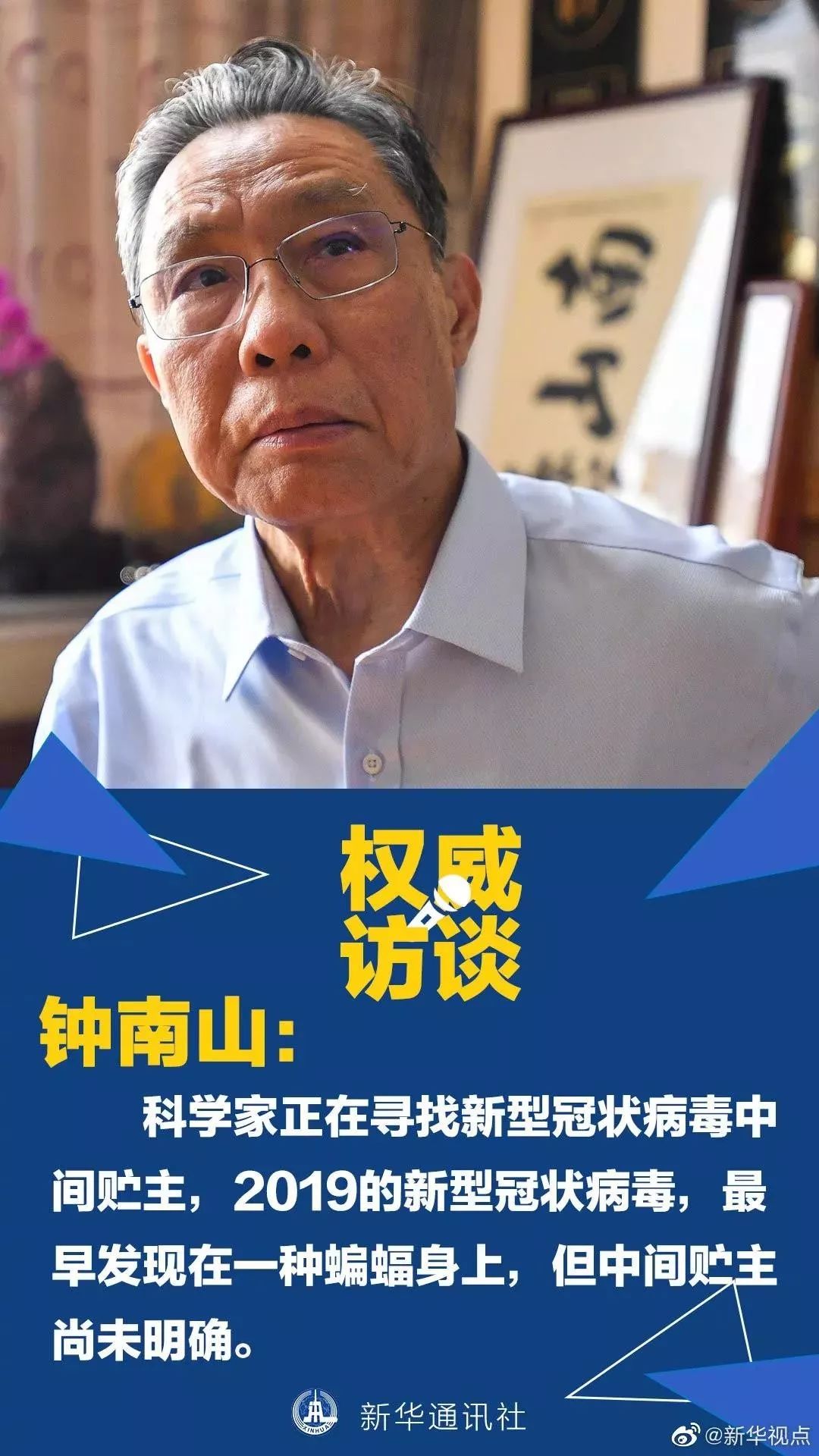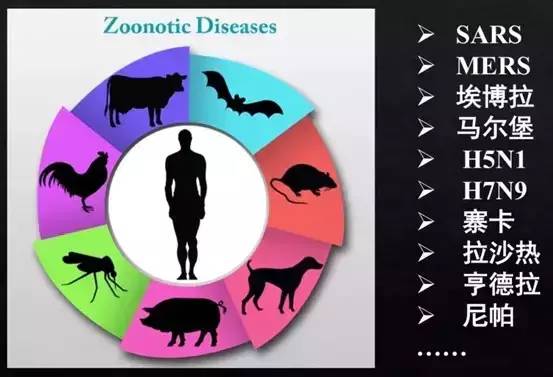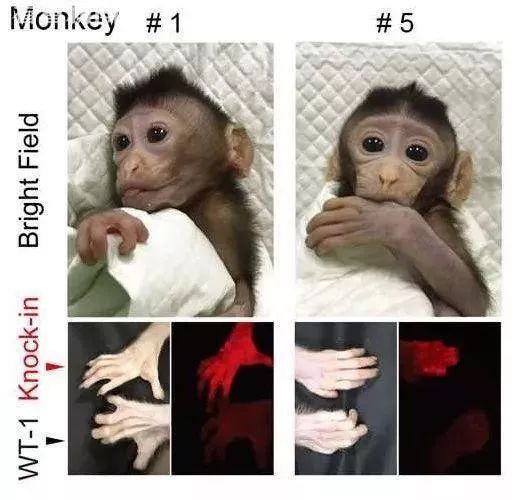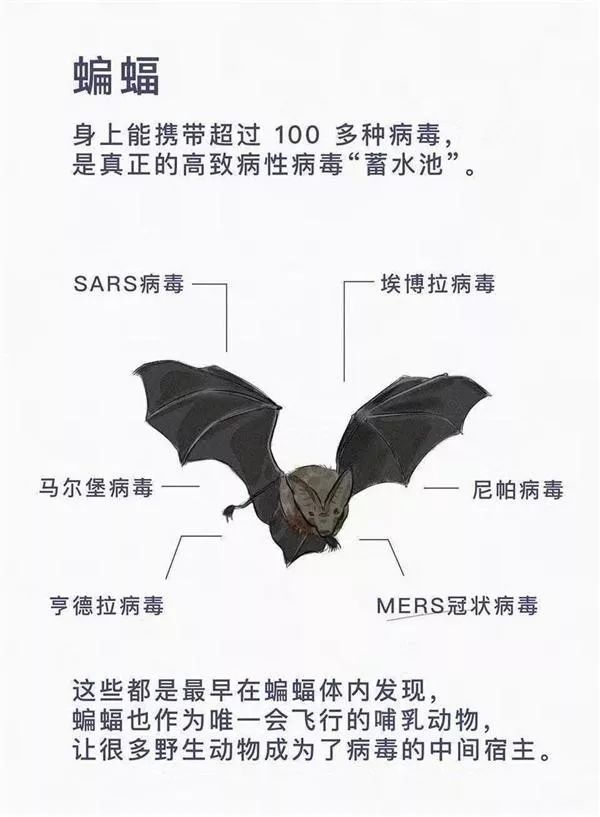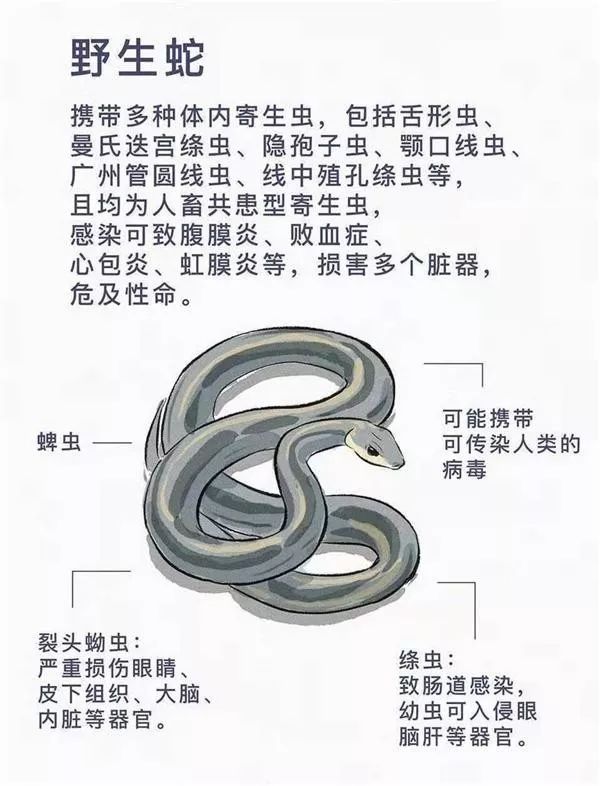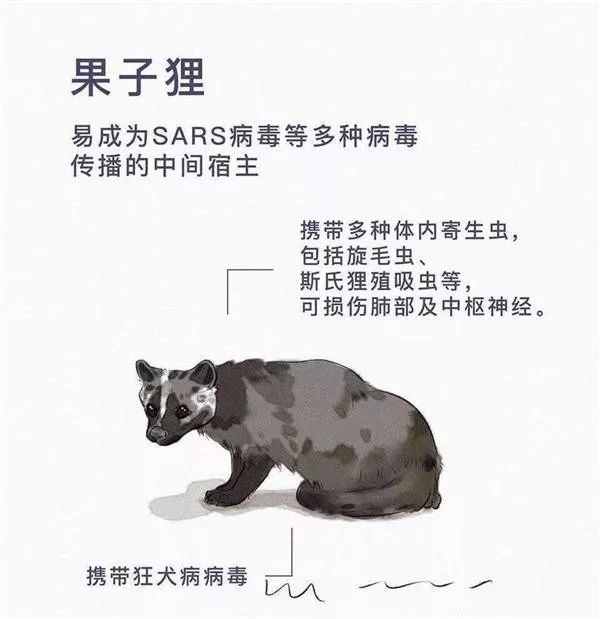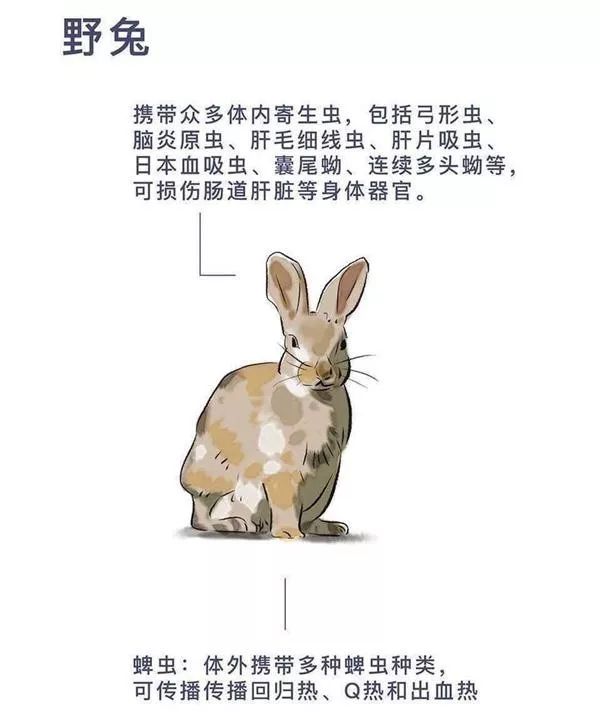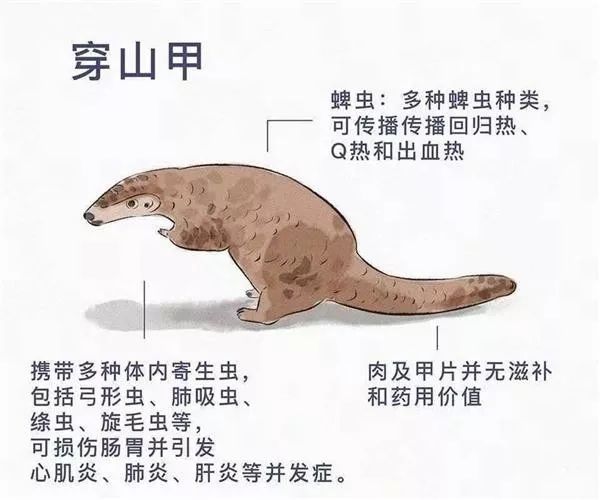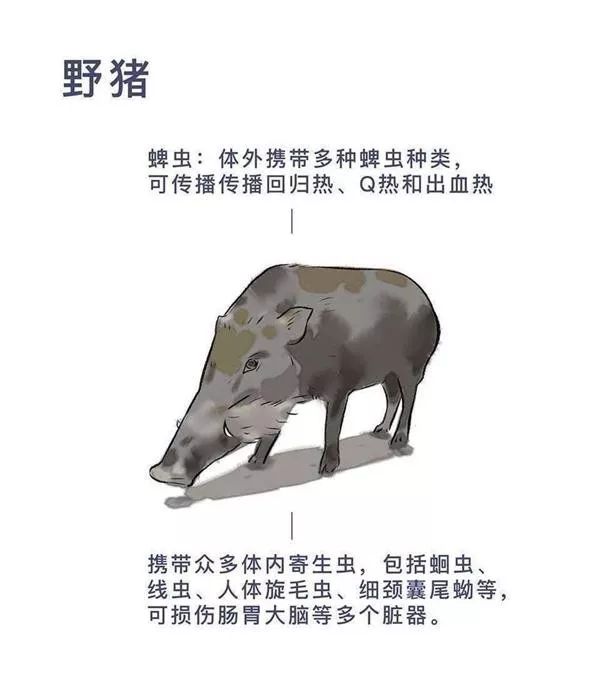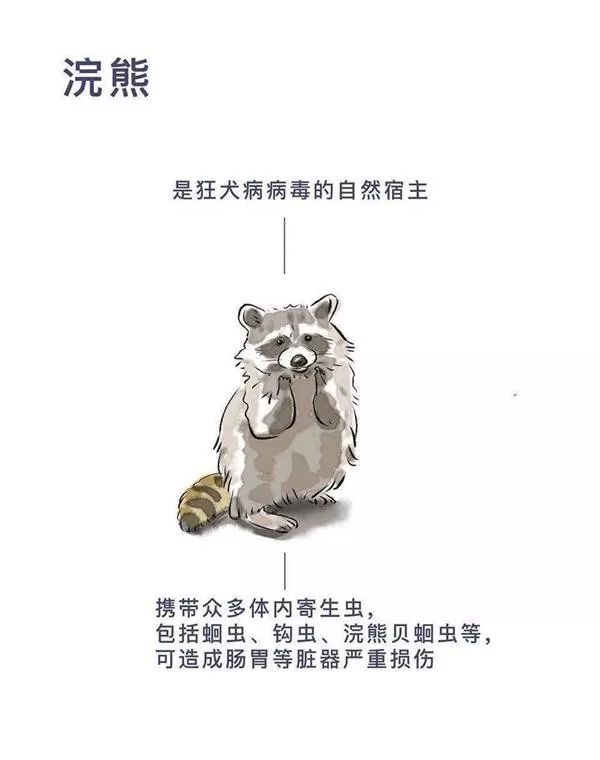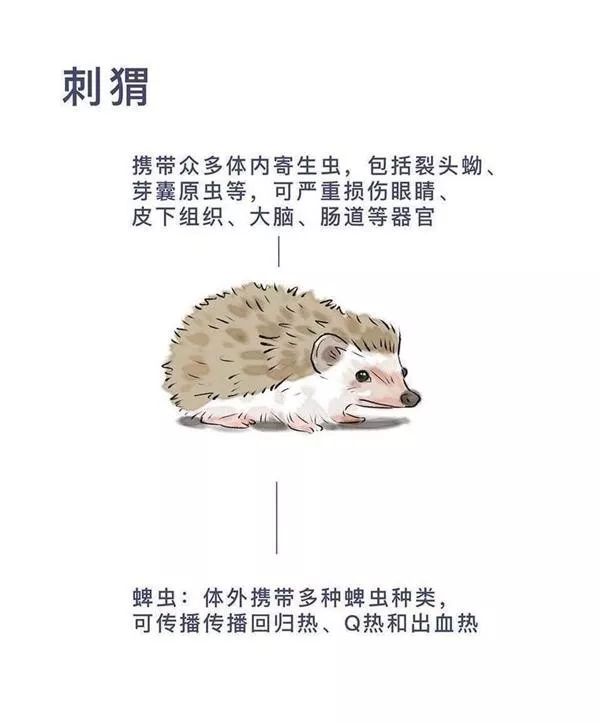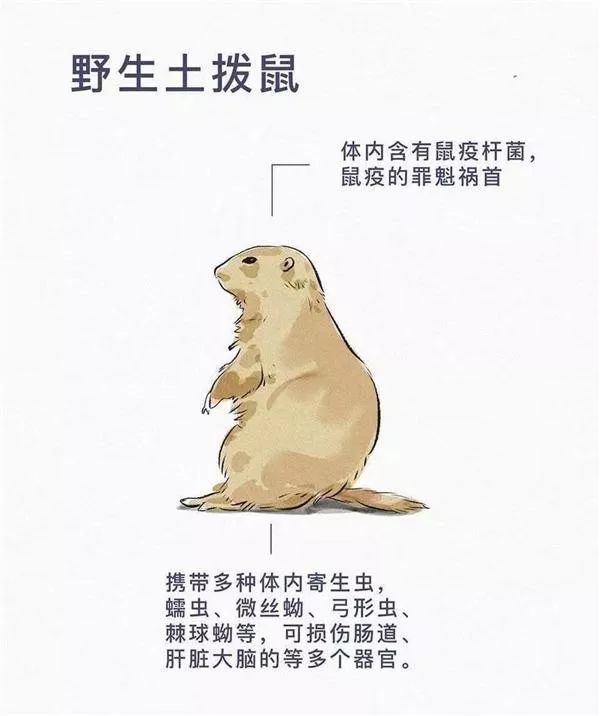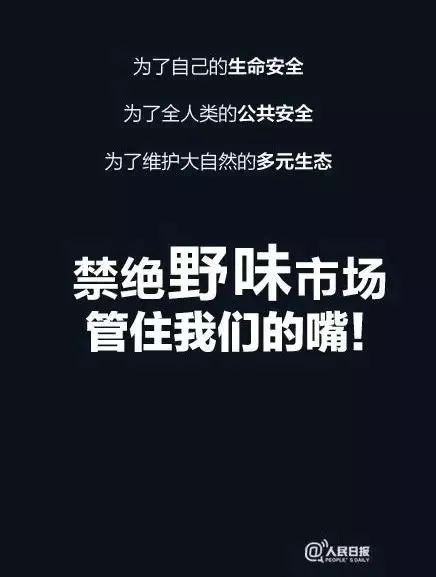BEIJING, Beijing, May 20 (Xinhua) On the 20th, the full text of the "14th Five-Year National Health Plan" issued by the General Office of the State Council was published. The document stated that by 2025, the average life expectancy in China will continue to increase by about one year on the basis of 2020, and in 2035, the average life expectancy will reach over 80 years. In addition, a series of important measures involving people’s medical treatment and medication, as well as medical undertakings and health industries were also announced.
You know these numbers
— — In 2035, the average life expectancy in China will be over 80 years old.
According to the plan, from 2015 to 2020, the average life expectancy will increase from 76.34 years to 77.93 years. According to the plan, by 2025, the average life expectancy in China will continue to increase by about one year on the basis of 2020. Looking forward to 2035, the average life expectancy in China will reach over 80 years.
— — The proportion of people who regularly participate in physical exercise is 38.5%
According to the plan, by 2025, the health literacy level of China residents will be raised to 25.0%. The proportion of people who regularly participate in physical exercise is 38.5%, and the smoking rate over 15 years old has dropped to 23.3%.
— — The myopia rate of children and adolescents has dropped by more than 0.5 percentage points every year.
By 2020, the overall myopia rate of children and adolescents in China will reach 52.7%, and the plan proposes that by 2025, this ratio will be reduced by more than 0.5 percentage points every year.
— — The proportion of days with excellent air in cities above prefecture level is 87.5%.
According to the plan, in 2025, the proportion of excellent air days in cities above prefecture level will be 87.5%, and the proportion of surface water reaching or better than Class III water will reach 85%.
— — The proportion of national and provincial health counties is not less than 40%
The proportion of national and provincial health counties is not less than 40%. Further promote the construction of health promotion hospitals, and the proportion of health promotion hospitals in hospitals above the second level is not less than 50%.
Medical treatment will have these advantages.
— — Reduce the burden of reproductive medical expenses
The plan proposes to implement the three-child birth policy and improve relevant supporting measures. Continue to do a good job in maternity insurance to protect the maternity medical expenses and maternity allowances of insured female employees, and do a good job in ensuring the maternity medical expenses of urban and rural residents insured by medical insurance to reduce the burden of maternity medical expenses.
— — Carry out special research on improving fertility and make a good diagnosis and treatment of infertility
Medical and health institutions carry out special research on improving the fertility, standardize the application of human assisted reproductive technology, and do a good job in the diagnosis and treatment of infertility. Support maternal and child health care institutions to integrate preventive health care and clinical medical services.
— — Strengthen the intervention of depression, sleep disorder and senile dementia.
The plan mentions strengthening the intervention of common mental disorders and psychological and behavioral problems such as depression, anxiety disorder, sleep disorder, abnormal psychological and behavioral development of children and senile dementia. Improve the psychological crisis intervention mechanism and incorporate psychological crisis intervention and psychological assistance into the emergency plan.
— — Expand the scope of centralized procurement of drugs and high-value medical consumables
We will improve the drug supply security system, expand the scope of centralized procurement of drugs and high-value medical consumables, implement the policy of retaining the balance of funds for centralized procurement of medical insurance, improve the monitoring network and information direct reporting system for shortage of drugs, and ensure the use of drugs by special groups such as children.
— — Promote the consistency evaluation of generic drug quality and efficacy.
Improve the national drug standard system and promote the consistency evaluation of generic drug quality and efficacy. To establish a quality and curative effect evaluation system that conforms to the characteristics of traditional Chinese medicine. Establish a life-cycle quality management mechanism for drugs and vaccines, and promote the construction of an information traceability system.
— — Promote the establishment of a multidisciplinary diagnosis and treatment system for tumors.
The plan mentioned that a multidisciplinary diagnosis and treatment system should be promoted for tumors, multi-system and multi-organ diseases, and difficult and complicated diseases. Encourage anesthesia, medical examination, medical imaging, pathology, pharmacy and other professional and technical personnel to be included in the multidisciplinary diagnosis and treatment team to improve the comprehensive diagnosis and treatment level.
These policy trends should be understood.
— — Basically build a strong public health system.
The plan proposes to basically build a strong public health system that can effectively cope with major epidemics and public health emergencies and meet the needs of the national public health security situation. In addition, do a good job of vaccination in Covid-19 in a safe and orderly manner, strengthen the whole process management, ensure vaccination safety, and gradually improve the vaccination rate of the population.
— — Strengthening the construction of disease control talents and improving the core competence such as flow regulation
The plan proposes to develop the human resources of retired medical staff, and support working or retired doctors in hospitals above the second level in cities to practice or open clinics in rural medical and health institutions. Strengthen the construction of the backbone talent team for disease control and enhance the core competence such as field epidemiological investigation. Improve the access, use, evaluation and other mechanisms of public health personnel.
— — Support care modes such as intergenerational care and family mutual assistance for infants.
Support qualified employers to provide childcare services for employees in the workplace alone or jointly with relevant units. Strengthen the guidance for the early development of infants in families, study and introduce measures for the management of family nursery points, support care models such as intergenerational care and family mutual assistance, and encourage professional institutions and social organizations to provide family parenting guidance services.
— — Implement major projects for the revitalization and development of traditional Chinese medicine
The plan mentions the implementation of major projects for the revitalization and development of Chinese medicine. Improve the service capacity of superior specialties of Chinese medicine hospitals at or above the prefecture level and characteristic specialties of county-level Chinese medicine hospitals, and strive for all county-level Chinese medicine hospitals to meet the basic standards of medical service capacity.
— — Encourage social forces to set up non-profit medical institutions in these fields.
Encourage social forces to set up non-profit medical institutions in areas with weak medical resources and areas with shortage of rehabilitation, nursing and mental health. Guide and promote the standardized development of independent institutions such as medical inspection centers and medical imaging centers, and encourage experienced medical practitioners to open clinics.
— — Promote healthy tourism and accelerate the construction of healthy tourism bases.
Promote the development of healthy tourism and accelerate the construction of healthy tourism bases. Choose cities or regions with rich teaching and scientific research resources, strong medical service ability and strong industrial strength, improve comprehensive coordination policies based on high-level hospitals, and build health industrial clusters. (End)
